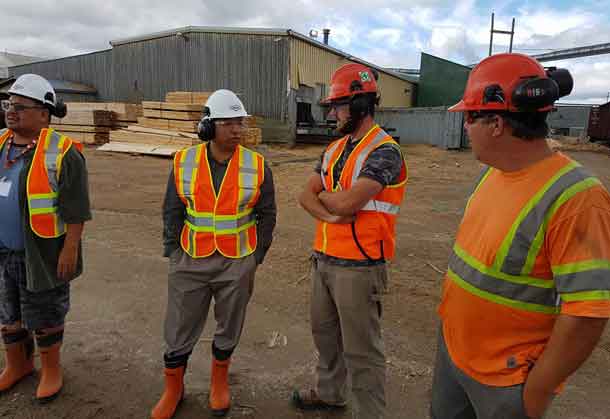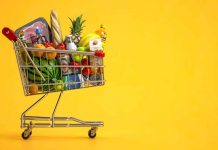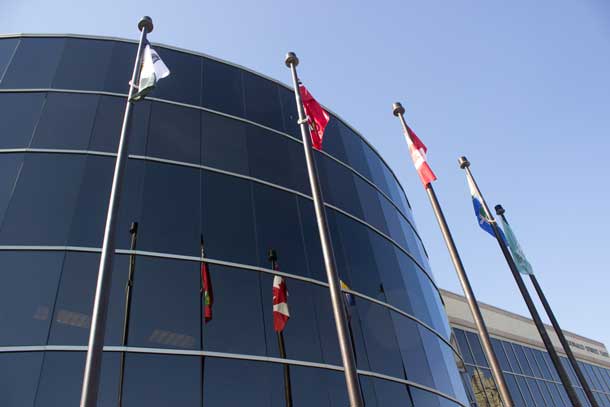Premier Doug Ford Responds to U.S. Tariffs with Alcohol Ban
THUNDER BAY, ON – The brewing trade war between Ontario and the United States has escalated, with Premier Doug Ford announcing a major retaliatory move. Beginning Tuesday, the Liquor Control Board of Ontario (LCBO) will remove all American alcoholic beverages from its shelves and wholesale catalog, cutting off access for both consumers and businesses.
The decision comes in response to U.S. President Donald Trump’s latest tariffs:
- 25% tariff on Canadian imports
- 10% tariff on Canadian energy exports
Ford’s Stand: A $1 Billion Blow to U.S. Alcohol Sales
In a firm statement, Premier Ford declared:
“Every year, LCBO sells nearly $1 billion worth of American wine, beer, spirits, and seltzers. Not anymore. Starting Tuesday, we’re removing American products from LCBO shelves. As the only wholesaler of alcohol in the province, LCBO will also remove American products from its catalogue so other Ontario-based restaurants and retailers can’t order or restock U.S. products.”
This move is set to significantly impact American alcohol producers, particularly in states like California, Kentucky, and New York, which rely on Canadian exports.
Impact on Ontario Consumers and Businesses
The LCBO is a government-controlled monopoly and the largest alcohol retailer in Canada, making this ban a powerful economic weapon. Here’s how it affects key groups:
- Ontario Consumers – Popular U.S. brands of bourbon, whiskey, and wines will no longer be available.
- Restaurants & Retailers – Businesses relying on American alcohol imports will need to find alternatives.
- Ontario Wineries & Distillers – Local producers could see a sales boost as consumers turn to Canadian alternatives.
Escalating Trade Tensions: What’s Next?
The U.S. tariffs have already driven up costs for Canadian businesses, particularly in manufacturing and energy. Ontario’s retaliatory strike could spark further trade restrictions, possibly impacting industries like:
- Automotive & steel (Ontario’s largest exports to the U.S.)
- Agriculture (Canadian beef, dairy, and maple syrup exports)
- Energy sector (Natural gas & electricity exports to the U.S.)
It remains to be seen if Washington will respond with further economic measures or if negotiations will ease tensions.
Local Impact: How Will Thunder Bay Be Affected?
Thunder Bay Rainy River MP Marcus Powlowski states, “I have been monitoring today’s developments very closely. And like most of you, I am mad. Trump’s allegation that he is imposing tariffs to force us to address Fentanyl and illegal immigration at our border is patently BS. Neither drugs nor migrants are coming from Canada in any significant amount, and the Americans know it.”
- LCBO Stores in Thunder Bay will immediately pull American alcohol brands from their shelves.
- Restaurants and bars that feature U.S. whiskey or wines will need to switch to Canadian or international alternatives.
- Cross-border shopping in Minnesota may see an uptick as Ontario residents seek banned products across the border.
What’s Next for Consumers?
With American brands off the shelves, Ontarians will have to explore new options, with local distilleries, wineries, and craft breweries poised to fill the gap. The question remains: Will this trade war bring long-term changes to Ontario’s alcohol market?







